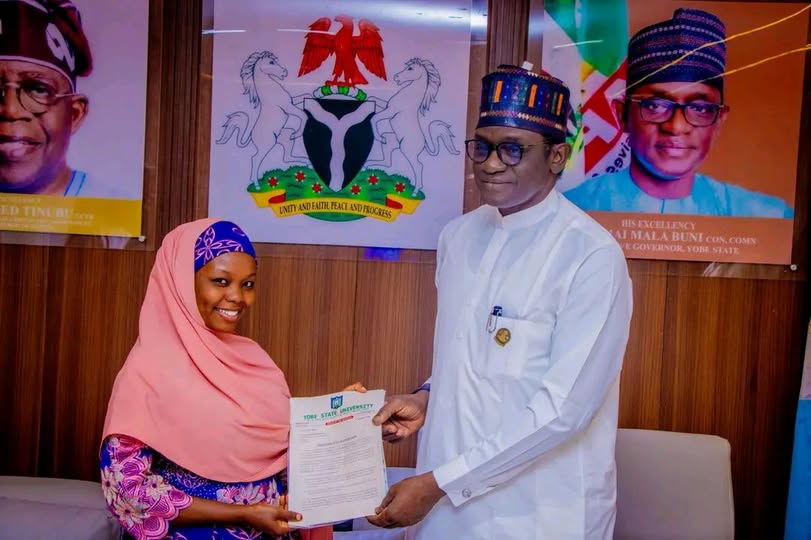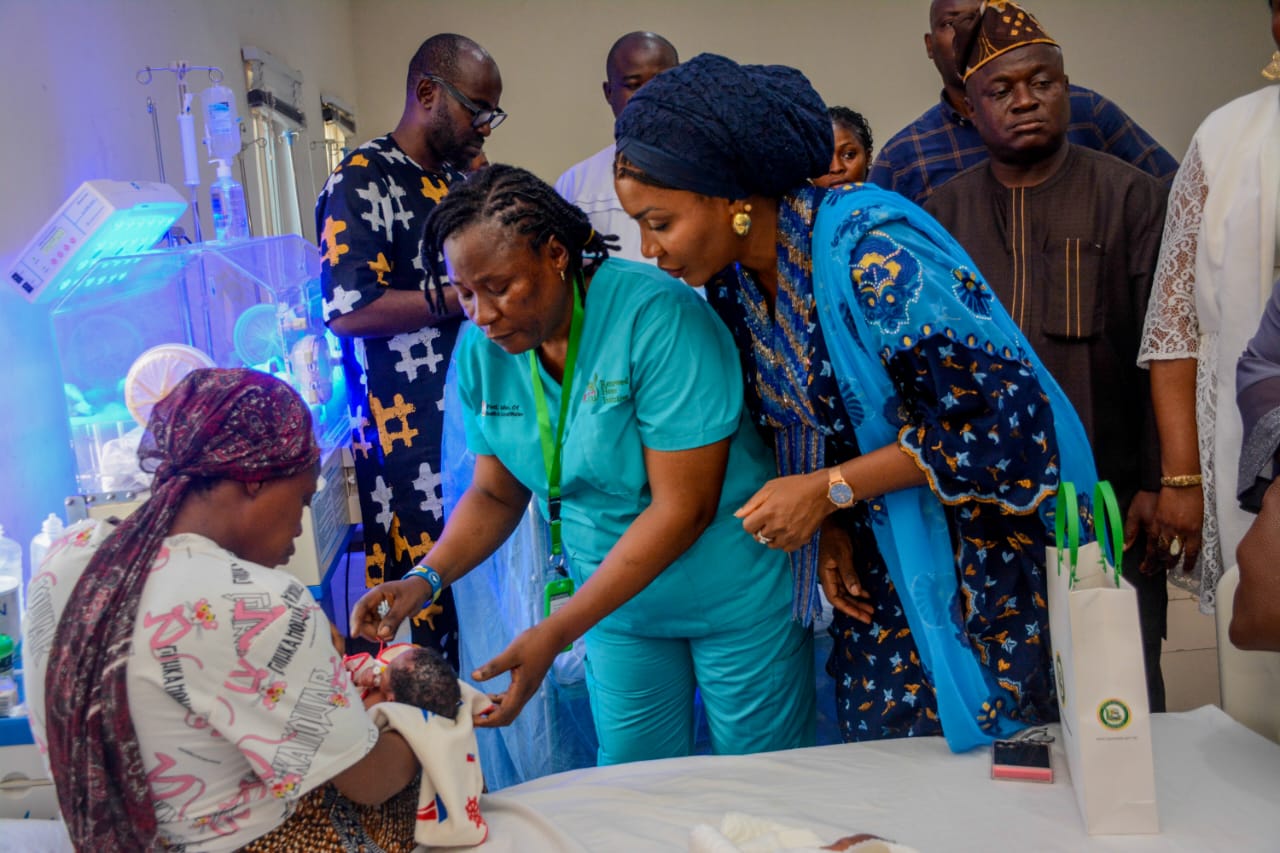
The Presidential candidate of the Labour Party in the 2023 General elections, Peter Obi, has raised concern over the Federal Government’s penchant for turning Internally Displaced Persons (IDP) camps, which should be temporary relief camps, into semi-permanent settlements.
Obi, who spoke on New Year’s Day when he visited the Durumi Internally Displaced Persons (IDP) camp in Area 1, FCT Abuja, indicated that as long as the IDPs remain in the camps, Nigeria is an IDP camp, highlighting a deeper crisis of governance and social justice in Nigeria.
Obi, who was piqued by the deplorable state of the camp during the visit, promised to provide monthly stipends for four healthcare workers who have been providing healthcare services without pay and pledged to find a way for a volunteer medical doctor to be attached to the health facility in the camp.
While his intervention is a demonstration of empathy and responsiveness, it has also exposed the structural inequalities that have left thousands of Nigerians stranded in temporary shelters, yearning for dignity and stability.
The Durumi IDP camp, home to over 3,000 individuals and 340 families, represents a microcosm of Nigeria’s broader challenges: displacement caused by insecurity, lack of access to education, and overburdened healthcare systems. Obi’s visit underscored the failure of the state to provide for its most vulnerable citizens.
Obi highlighted gaps in humanitarian support by identifying the absence of secondary education, vocational training, and adequate healthcare facilities, for which he challenged the government’s commitment to social welfare policies.
The Former Governor of Anambra State also visited Tungamadaki Primary Health Centre (PHC) on Airport Road, where he offered to continue his support, reaffirming his commitment to improving healthcare infrastructure in rural communities.
Speaking during the visit, Obi expressed satisfaction with the progress made since his previous trip to the facility about six months ago. However, he acknowledged that rising costs of materials had limited the extent of the repairs and upgrades initially planned.
“When I visited earlier, the facility was in a deplorable state. Roofs were leaking, and the labor room had no toilet. I provided funds to fix these issues, but inflation affected the budget, leaving some areas incomplete. Nevertheless, I commend the work done so far,” Obi stated.
He highlighted that the health center now has solar-powered energy, with new batteries installed to improve power supply. Despite this, some structural issues, including cracked walls and incomplete repairs, remain unresolved. Obi pledged additional financial support to ensure the outstanding work is completed.
“Healthcare is fundamental to development. It’s why I prioritize visits to primary healthcare and educational facilities,” he said.
Community leaders and residents lauded Obi’s intervention, describing it as a lifeline for the village. Alhaji Muhammad Akoroh, a local leader, expressed gratitude for the assistance, emphasizing the facility’s critical role in serving the health needs of the community.
“We are very happy with his efforts. Health is wealth, and without it, progress is impossible. But we still need more support to address lingering issues, including the need for toilets in the labor room, repairs to solar panels, and repainting cracked walls,” Akoroh said.
Residents called on other leaders to emulate Obi’s approach by prioritizing rural development and healthcare.
While Obi’s promise to fund stipends for healthcare workers reflects personal goodwill, it also raises critical questions about the role of government in addressing displacement. Should such efforts rely on individual interventions, or is it time for a systemic policy overhaul to protect displaced citizens?
Obi’s approach blurs the lines between philanthropy and political accountability. His visit may inspire immediate relief, but the deeper issue is whether it will trigger institutional reforms to prevent displacement and rehabilitate victims.
Obi’s focus on expanding educational opportunities for displaced children highlights the intersection of education and poverty. With only primary education available and no facilities for secondary schooling or vocational skills, children in the camp face limited prospects for breaking out of poverty.
His call for better educational resources reflected the urgent need for inclusive policies that integrate displaced children into the mainstream education system, preventing a generation from being lost to poverty and insecurity.
Peter Obi’s visit is not just an act of compassion; it is a litmus test for leadership in Nigeria. It challenges policymakers to look beyond temporary aid and address the root causes of displacement, conflict, poor governance, and inequality.
His engagement signaled a shift toward grassroots-focused governance, where leaders engage directly with communities rather than rely solely on bureaucratic processes. However, whether this momentum leads to sustainable change or remains symbolic depends on follow-through from both government and civil society.
Obi’s intervention at the Durumi IDP camp forces Nigerians to confront uncomfortable truths about inequality and neglect. While his visit may inspire hope, it also raises larger questions about national priorities and the political will to end displacement.
His actions challenged both leaders and citizens to demand accountability, fairness, and justice, not as acts of charity, but as fundamental rights for every Nigerian.






